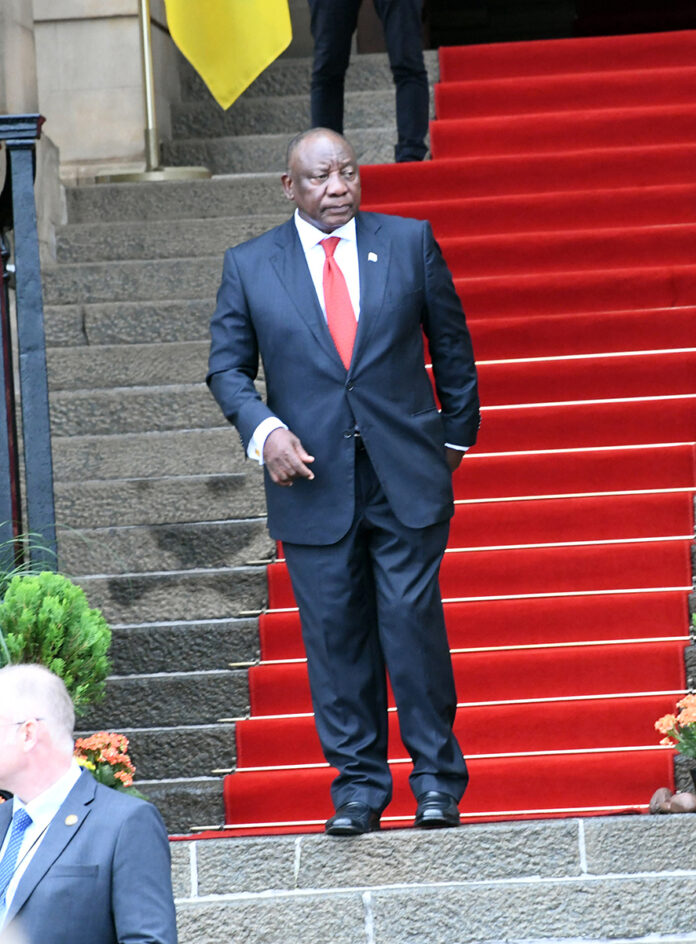The South African Union Council of Independent Churches (SAUCIC) has issued a call for parliament to suspend the activities of its ad hoc committees investigating allegations of police service capture by criminal elements.
This follows President Cyril Ramaphosa’s weekend announcement of an independent judicial commission to probe deep-seated corruption and criminal infiltration within the South African Police Service (SAPS).
In a public statement, SAUCIC president Cardinal Archbishop Dr Modiri Patrick Shole argued that the newly appointed judicial commission of inquiry represents the most effective mechanism for handling the complex legal and accountability matters currently facing the SAPS.
He emphasised that the commission’s broad mandate allows it to recommend prosecution or disciplinary action wherever necessary, including in cases involving SAPS management and national police commissioner General Fannie Masemola.
Shole underscored the urgent need to confront what he described as a “culture of impunity” within the country’s police service.
He warned that SAPS risks devolving into a self-serving institution if decisive action is not taken and stressed the necessity for accountability at all levels of police leadership.
“The safety of citizens must not be compromised during this transition,” he said, urging that operational efficiency and professionalism remain paramount as the country confronts mounting threats from violent and organised crime syndicates.
Establishment of commission welcomed
Welcoming Ramaphosa’s decisive steps, SAUCIC applauded the establishment of the independent judicial commission as a major move toward restoring integrity within the SAPS and reinforcing the rule of law.
The commission’s mandate extends to probing allegations against Police Minister Senzo Mchunu, senior police officials, members of the judiciary, and suspected criminal syndicates.
Shole described this as a “step in the right direction”, affirming that the restoration of SAPS’s integrity “cannot be compromised at the altar of political expediency nor precedence be set for anarchy to be entrenched as a dominant feature of law enforcement and the criminal justice system”.
Further strengthening the government’s response, Ramaphosa announced the appointment of Professor Firoz Cachalia as acting minister of police.
SAUCIC endorsed this move, citing Cachalia’s experience within the criminal justice system and his unwavering commitment to public service.
“Opting for an ethical servant leader of his calibre has demonstrated impartiality and defined in no uncertain terms the objective of the unfolding process,” Shole noted.
Mchunu praised for cooperating
The church leaders also commended Mchunu for his cooperation and willingness to go on special leave for the duration of the inquiry, describing his conduct as “commendable” and “in the best interests of accountability”.
As the judicial commission commences its work, SAUCIC urged parliament to suspend its own ad hoc investigations to avoid duplication and ensure the commission’s findings are prioritised.
“The commission is best placed to adjudicate on complex legal matters, recommend prosecution, and, where necessary, disciplinary action, taking into account any abdication of responsibility, commission, or omission by anyone, including SAPS management,” Shole stressed.
SAUCIC concluded by affirming its commitment to supporting all efforts aimed at safeguarding the rule of law and restoring public trust in the police, declaring that South Africa cannot afford the entrenchment of anarchy or corruption at the highest levels of law enforcement.



